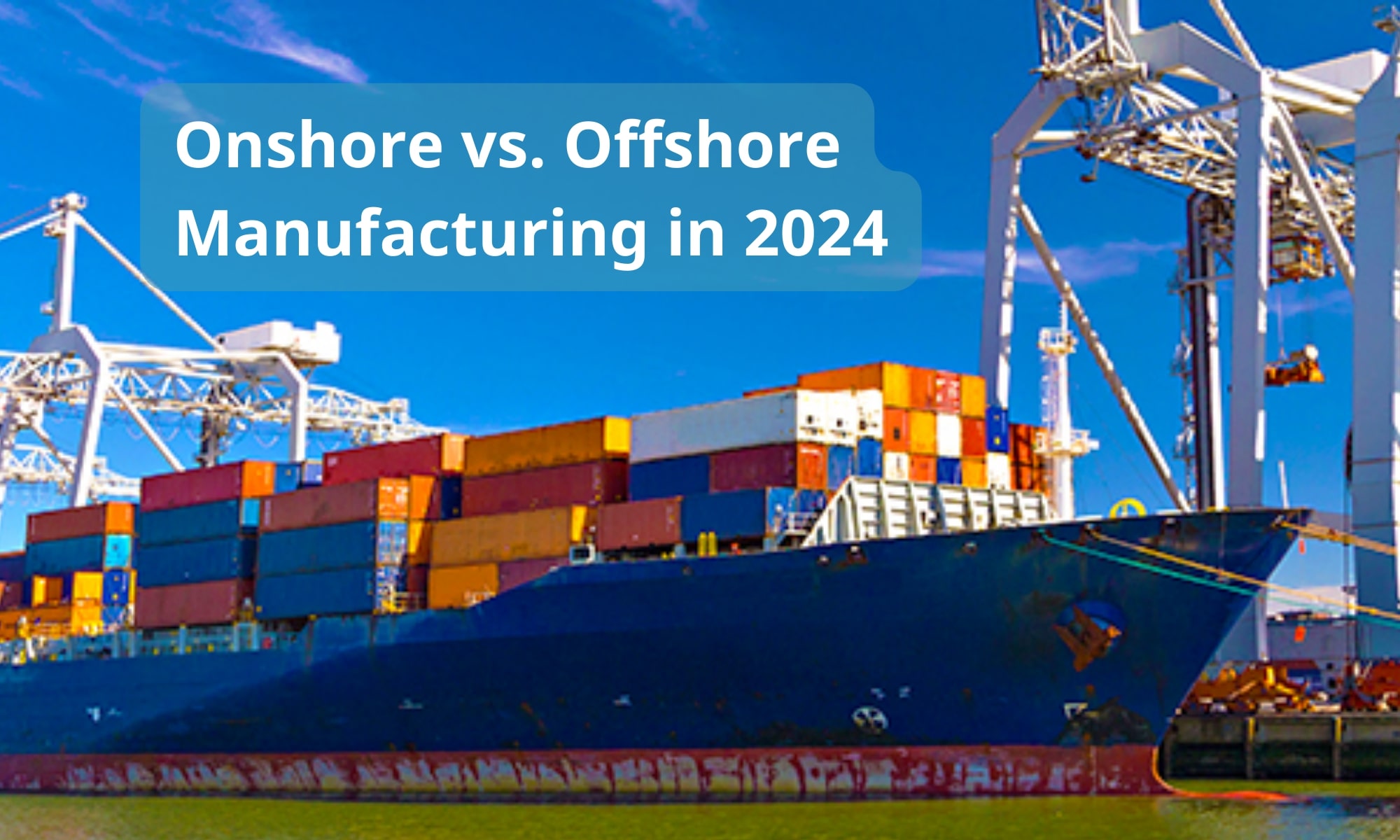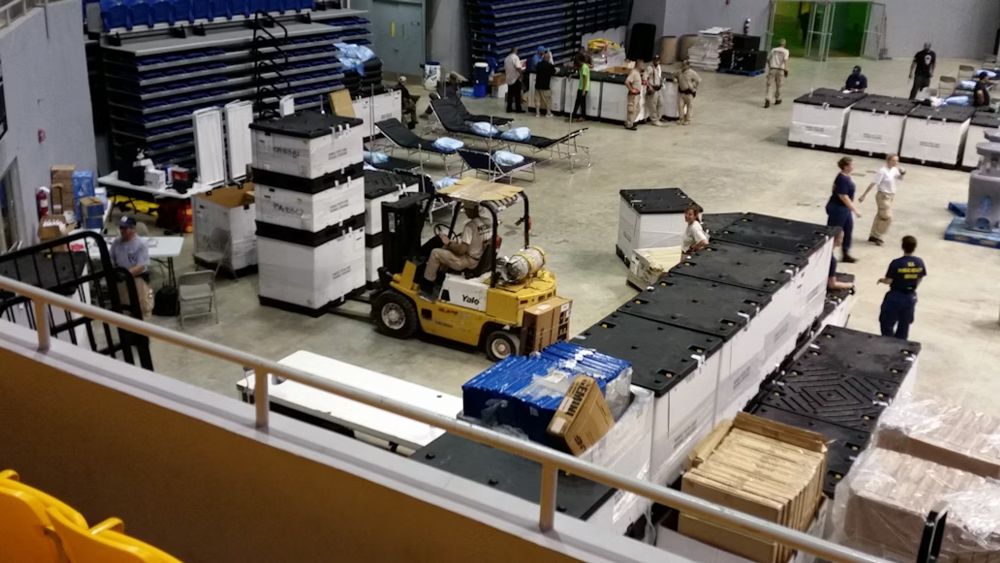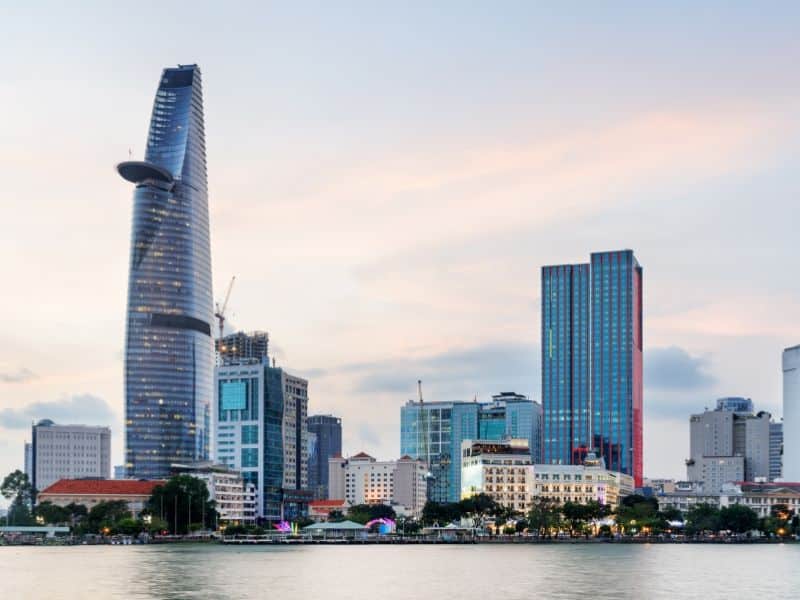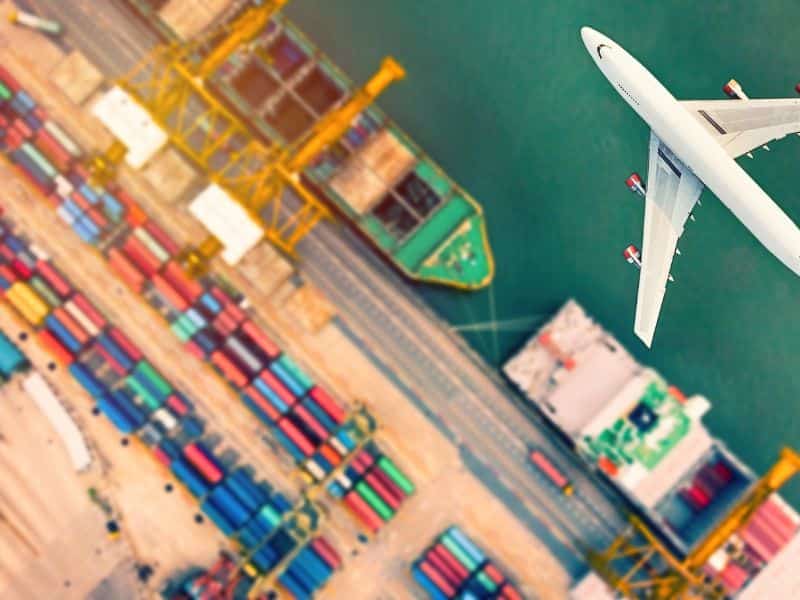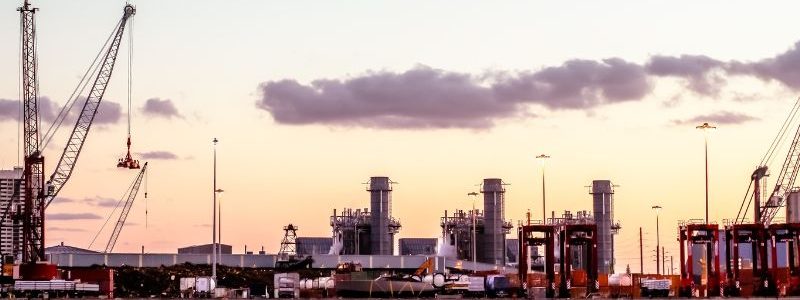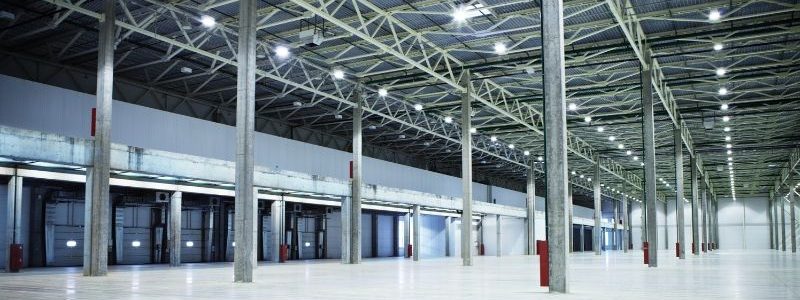Over the last two decades, Viet Nam has developed into one of Asia’s most renowned manufacturing hubs, owing to its stable growth, export-driven economy, expansion of free trade agreements, and strategic location.
Besides commenting on the positive prospect of vietnam industrial real estate in the current “new normal”, Vietnam international leasing company also agrees on some new challenges posed to industrial real estate development businesses.
Vietnam will increasingly have to compete with other developing countries in the region and worldwide in attracting FDI in general and projects, including industrial parks and economic zones.

Overview Of Vietnam Economy
Vietnam, located in the center of South East Asia and along the Pacific Ocean’s coastline, has significant benefits in accessing the world’s major commercial routes.
With its rapid economic growth and development, the workforce is gradually transitioning away from agriculture and toward industry in manufacturing and services in terms of percentage of total employment. The south has always been a manufacturing and trade center and a vital logistics hub.
Viet Nam has grown into one of Asia’s most famous manufacturing centres over the last two decades due to its stable growth, export-driven economy, expansion of free trade agreements, youthful, dynamic workforce, investment incentives, and strategic position.
The ongoing US-China trade conflict, many free trade agreements, and the 2020 transfer of global corporations out of China have propelled Viet Nam up the value chain.
Despite a difficult 2021, Viet Nam’s transition from low-skilled and labor-intensive industries to those with a high added value continues. Low-value businesses are relocating to other Southeast Asian countries as Viet Nanecessitatingm’s incentives dwindle, and these industries struggle to find reasonable labor and land in Viet Nam.
On the other hand, foreign and high-value-added investors remain confident in Viet Nam’s long-term growth. Vietnam has been regarded as one of Asia’s quickest and most stable-growing economies in recent years. With good macroeconomic data reported in 2009 and 2010, the country was judged to have effectively weathered the global financial crisis.
In recent years, the Vietnamese government has increased international economic integration by participating in numerous free trade agreements/communities, including the World Trade Organization (WTO), the Comprehensive and Progressive Agreement for Trans-Pacific Partnership (CPTPP), and EU-Vietnam FTA, and the UK-Vietnam FTA. This resulted in a significant increase in FDI year after year.
FTAs are also crucial in assisting Vietnam in moving up the value chain in a variety of sectors and supporting high-skilled jobs and knowledge transfer. Vietnam is projected to make a more significant contribution to the global and regional manufacturing scene in textiles, garments, clothing, and high-tech industries such as electronics.
Moving up the value chain, on the other hand, will raise the sophistication of manufacturing processes, necessitate further capital expenditure, resulting in a growing demand for highly skilled labor and a slew of other factors to consider, such as sourcing.

Read more: The Vietnam warehouse market is forecast to grow in 2022
The EVFTA Pays Dividends
The EVFTA has demonstrated necessitating a broader positive influence on the Vietnamese economy.
After ten years of negotiations, the EU-Vietnam Free Trade Agreement (EVFTA) went into force on August 1, 2020. Increased cooperation between the EU and Vietnam will aid in the recovery of manufacturing from the pandemic-induced slowdown.
The National Assembly emphasized that trade turnover and foreign direct investment (FDI) from European Union (EU) nations had increased dramatically since implementing EVFTA last year.
As of 9M/2021, there were 2,242 projects in Viet Nam from all but one EU country, representing a 164-project increase year on year. Despite the epidemic, the total registered capital was US$22.24 billion, an increase of US$483 million years on year.
The Netherlands came in top place with 382 projects and a total investment of $10.4 billion (accounting for 46.5 percent of total EU investment in Viet Nam). France came in second place with $3.62 billion, then Germany with $2.25 billion.
Shell Group (Netherlands), Total Elf Fina (France and Belgium), Daimler Chrysler (Germany), Siemens, and Alcatel Comvik are some significant large EU firms (Sweden).
According to the European Commission, the EVFTA may enhance Viet Nam’s burgeoning economy by 15% of GDP, with Vietnamese exports to Europe increasing by more than one-third. For the EU, the accord is a necessary first step toward a more significant EU-Southeast Asia trade pact.

Foreign Direct Investment (FDI), 9M/2021
Committed FDI was US$22.1 billion until 9M/2021, with 1,212 new projects filing capital investments totaling US$12.49 billion. Long An received US$3.6 billion in FDI, representing a 16.42 percent increase.
Other top recipients included Hai Phong (12.21 percent), Ho Chi Minh City (10.62 percent), and Binh Duong (8.08 percent).
Singaporean investments totaled US$6.28 billion, accounting for 28.37 percent of registered FDI, followed by Korean investments totaling US$3.91 billion, or 17.67 percent, and Japanese investments totaling US$3.26 billion, or 14.75 percent.
The manufacturing and processing industry received US$11.83 billion in FDI with 402 new projects, accounting for 53.4 percent of the total and growing 16.45 percent year on year.
The North had the most newly registered manufacturing FDI of US$3.99 billion (more than 72.92 percent) in 9M/2021, followed by the South with US$1.06 billion or 19.44 percent, and the Central area with 7.63 percent or US$418 million.
To 9M/2021, Quang Ninh had the most freshly registered manufacturing FDI, with US$935 million, or 17.08 percent of the total; Vinh Phuc came in second with US$693 million, or 12.67 percent, and Bac Giang came in third with US$597 million, or 10.91 percent.
China invested 23.7 percent (US$1.29 billion) by nationality, making it the most recently registered manufacturing FDI. Hong Kong came in second with US$1.26 billion or 23.1 percent, while Japan came in third with 15.2 percent or US$834 million.
New electrical equipment projects drew US$1.05 billion, accounting for 19.3 percent of overall spending in the manufacturing industry. Computers and electronics came in second, accounting for US$938 million (17.1%).

Overview
The virus knocked out Viet Nam, particularly HCMC and the south, resulting in lengthy lockdowns. Restrictions were loosened in October, and the government declared that Viet Nam would shift from a “Zero Covid-19” approach to a “Living with Covid-19” plan. Quarantine regulations for foreign experts have recently been reduced, bolstering the country’s pro-business policy.
Production halts at industries and industrial zones received extensive publicity worldwide. Prime Minister Chinh visited a Samsung facility in September, where he emphasized the government’s commitment to safeguarding the interests of FDI investors. He also spoke with American business leaders and told them that Viet Nam’s pandemic-related problems are only temporary.
Overall, protecting the interests of foreign investors is a top concern for the government, as the country’s reliance on foreign money is critical to its economic recovery and progress.
The best Vietnam International Leasing Company in Vietnam
With offices in Hanoi and Ho Chi Minh City, Savills Vietnam is the country’s largest and most experienced vietnam international leasing company. The company offers a wide range of property services, including research and consultancy, sales and leasing, residential and commercial leasing, tenant advisory and representation, investment advisory sales and acquisitions, retail consultancy and leasing, and property management.
Savills Vietnam is the sole firm that has conducted local market research since 1995. The firm offers professional property services to developers, investors, owners, and tenants. Vietnam’s most significant international property manager has over 1.1 million square meters under administration.





